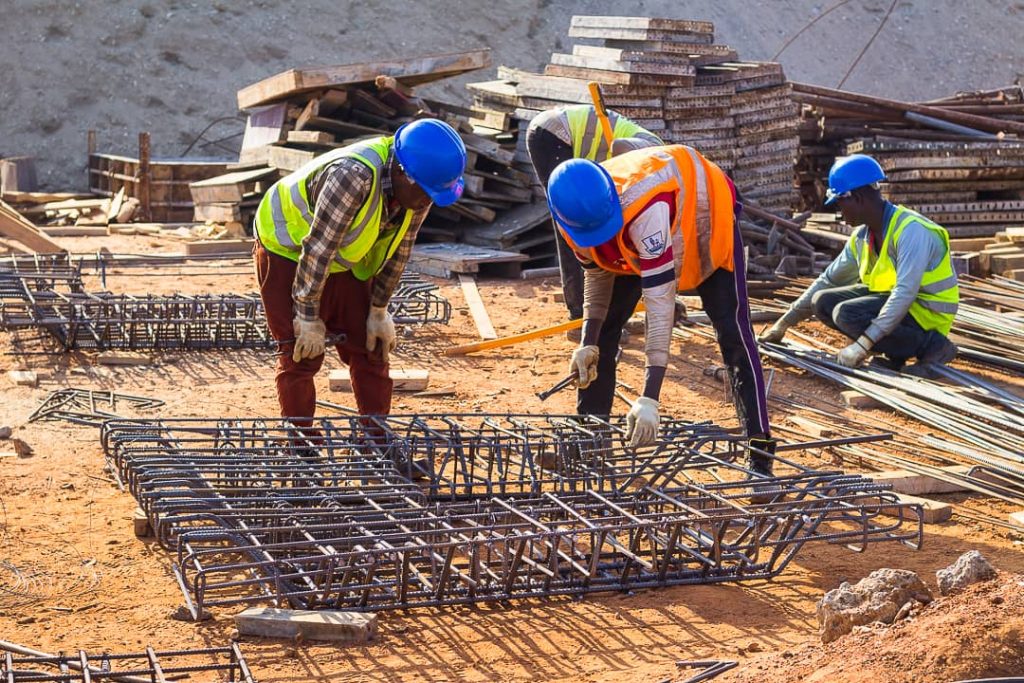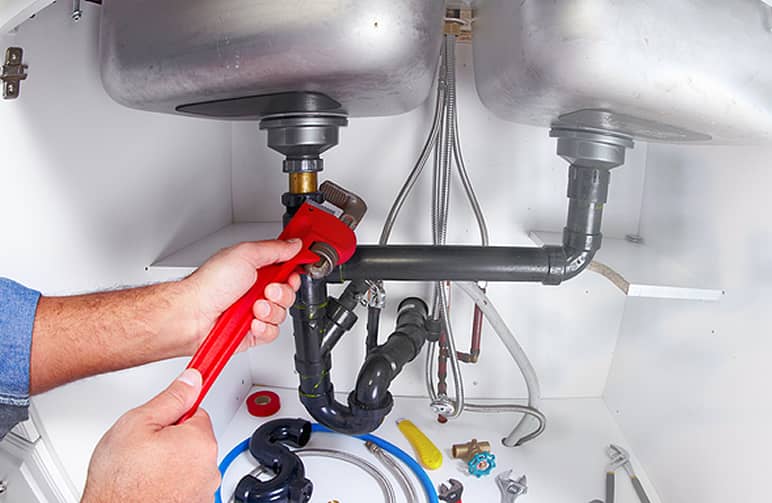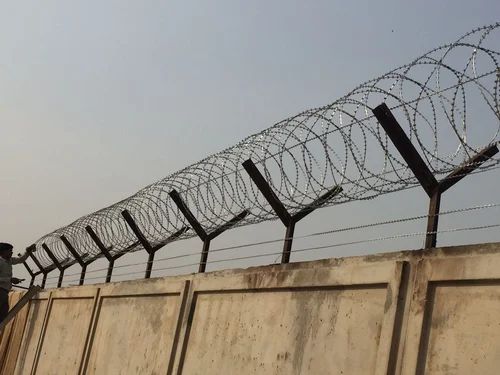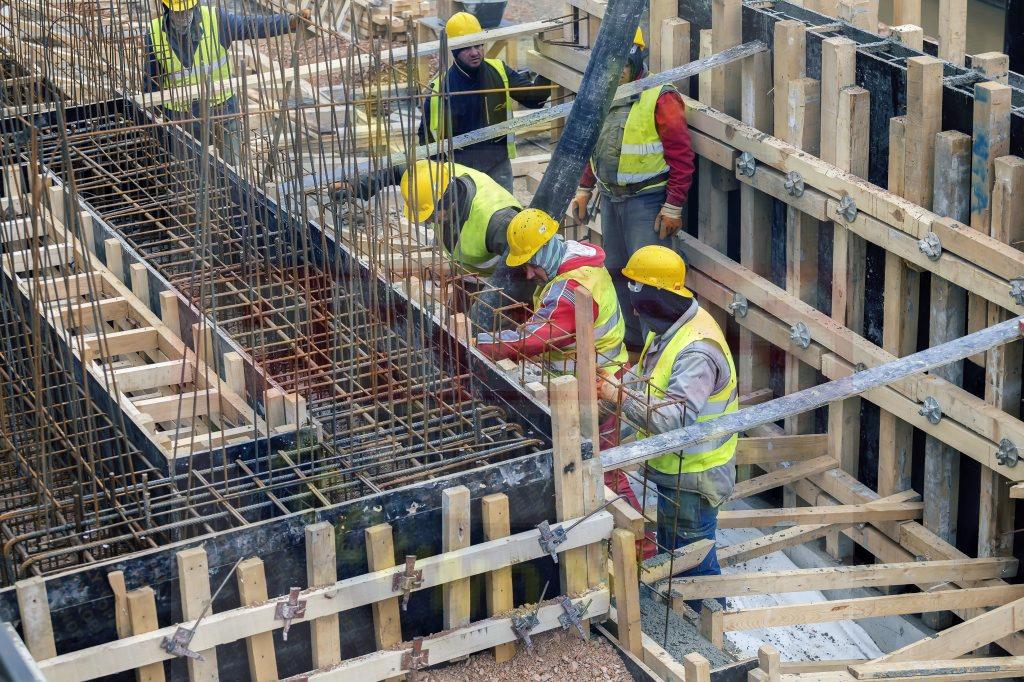
Road maintenance, Bridge maintenance and construction all civil works.
Civil works are construction activities that create, maintain, and repair the physical infrastructure and public works essential for a functioning society, such as roads, bridges, dams, water supply, and sewage systems. These activities encompass a wide range of tasks including surveying, earthworks, excavation, foundation building, and the erection of structures, ultimately contributing to the built environment and serving a crucial technical and economic purpose.




Examples of Civil Works:
- Transportation Infrastructure:Designing and constructing roads, bridges, highways, railways, and airport runways.
- Water Management:Building dams, reservoirs, canals, water supply pipelines, and wastewater treatment plants.
- Urban and Environmental Development:Developing land, constructing flood control measures like levees, and restoring ecosystems.
- Public Works:Maintaining and repairing existing infrastructure, such as roadways, public buildings, and other public facilities.
Key Aspects of Civil Works:
- Design and Planning:Involves extensive planning, design, and engineering by civil engineers to ensure safety, compliance with regulations, and environmental sustainability.
- Construction and Maintenance:Covers the physical construction of new infrastructure as well as ongoing maintenance, repairs, and upgrades of existing facilities.
- Materials and Equipment:Utilizes specialized materials, advanced equipment, and skilled labor to build and maintain structures.
- Interdisciplinary Collaboration:Requires collaboration with other engineers, urban planners, and stakeholders to complete large-scale projects.







